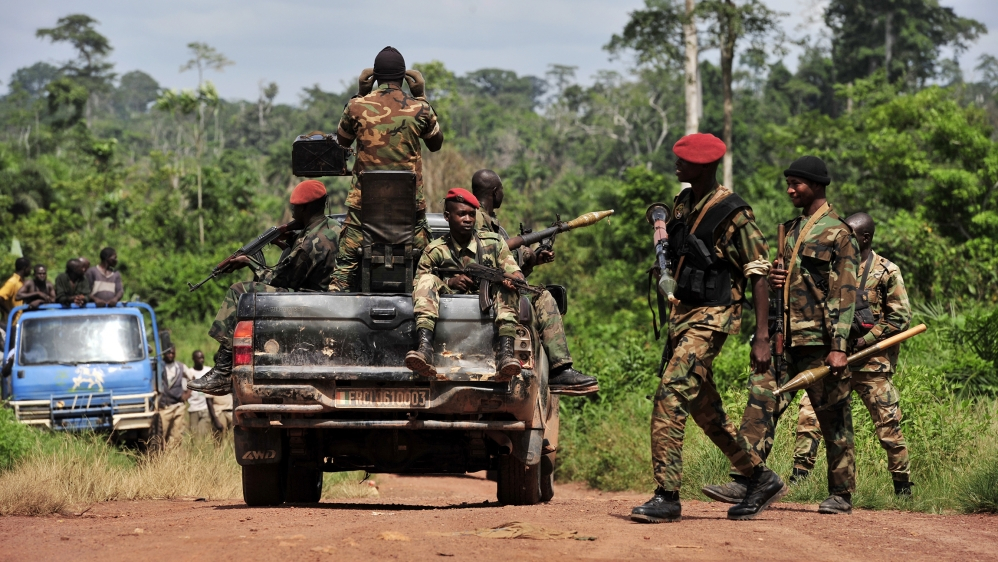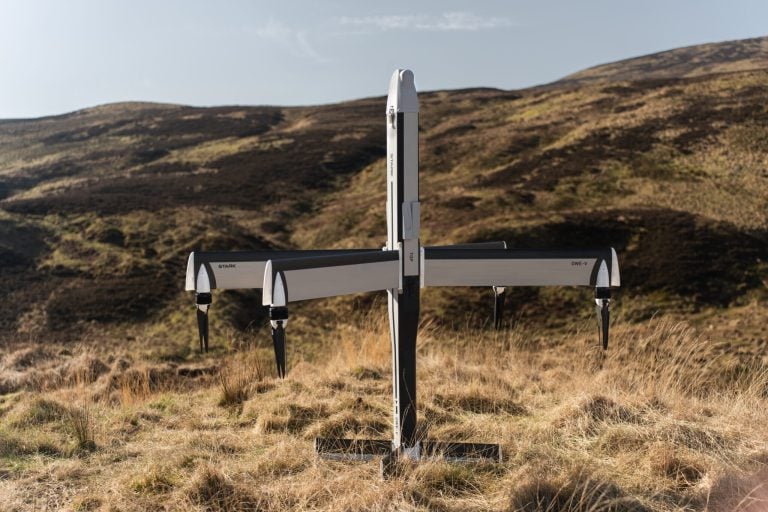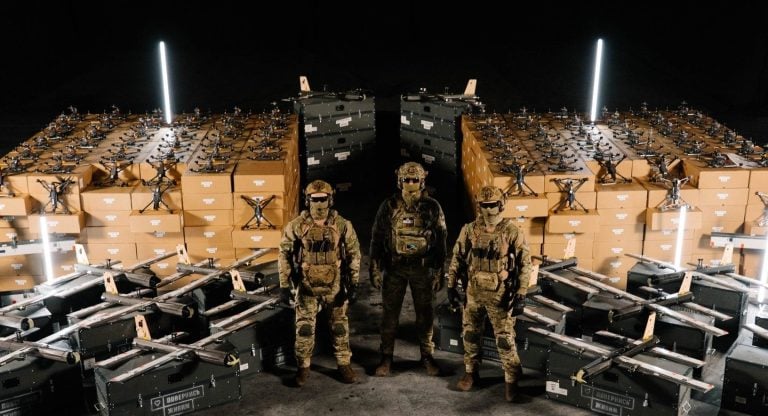France officially returned its only military base in Ivory Coast to the West African nation’s authorities on Thursday, marking a significant shift in the long-standing French military presence in the region. The handover took place in a ceremony where Ivorian Defense Minister Tene Birahima Ouattara and his French counterpart, Sebastien Lecornu, signed a formal document to finalize the transition of control over the Port-Bouet military camp.
Shortly after the signing, the Ivorian flag was raised in a ceremony held at the base’s parade ground, symbolizing the transfer of security responsibilities from French forces to the Ivorian army. This event underscores a broader trend of decreasing military ties between France and its former colonies in West Africa, as many nations in the region are reassessing their historical alliances and asserting their sovereignty.
Ouattara expressed optimism about the future of the relationship between France and Ivory Coast, stating, “This act marks a new era in the friendship and strategic collaboration between our two countries.” Lecornu echoed this sentiment, emphasizing that although the nature of military relations is evolving, it is not disappearing. He described the handover as a “historic moment” and affirmed that the partnership between France and Ivory Coast is built on friendship and professionalism.
Following the ceremony, Lecornu held discussions with Ivorian President Alassane Ouattara about various international issues, including the situation in Ukraine. According to sources close to the president, the discussion highlighted that the departure of French troops does not equate to a complete rupture, but rather a shift towards new forms of collaboration focused on training, equipment, and counter-drone initiatives.
In preparation for this transition, approximately 100 Ivorian paratroopers have been stationed at the camp, and joint military exercises have been conducted between Ivorian and French forces. This comes against a backdrop of increasing calls for sovereignty among African nations, many of which have been actively reassessing their military relationships with France following recent coups in Mali, Burkina Faso, and Niger.
The comments from political analysts indicate a growing acknowledgment in Ivory Coast of the desire for a more autonomous defense posture. Analyst Geoffroy Kouao remarked that the Ivorian authorities are aware of domestic support for asserting sovereignty, suggesting that the departure of French military personnel is a necessary step to prevent it from becoming a wider political demand.
While the French withdrawal from the base will be gradual, taking place over the course of 2025, around 80 French soldiers are expected to remain in Ivory Coast to assist with training and support missions. Kouao noted that while the French military presence is diminishing, Paris will continue to be an important partner in areas such as training, intelligence sharing, and combating terrorism.
The Port-Bouet military camp, spanning roughly 230 hectares (570 acres) adjacent to Abidjan, has been a key component of Ivory Coast’s security landscape since its establishment in 1978. The facility played a significant role in stabilizing the country during periods of political turmoil, particularly during the 2002 coup attempt and subsequent unrest. French military operations in the country intensified during the 2011 post-election crisis when they intervened alongside United Nations forces to aid in restoring order after months of violence.
As this historic handover takes place, both nations are strategically repositioning their military relationship to adapt to the evolving geopolitical landscape of West Africa.







